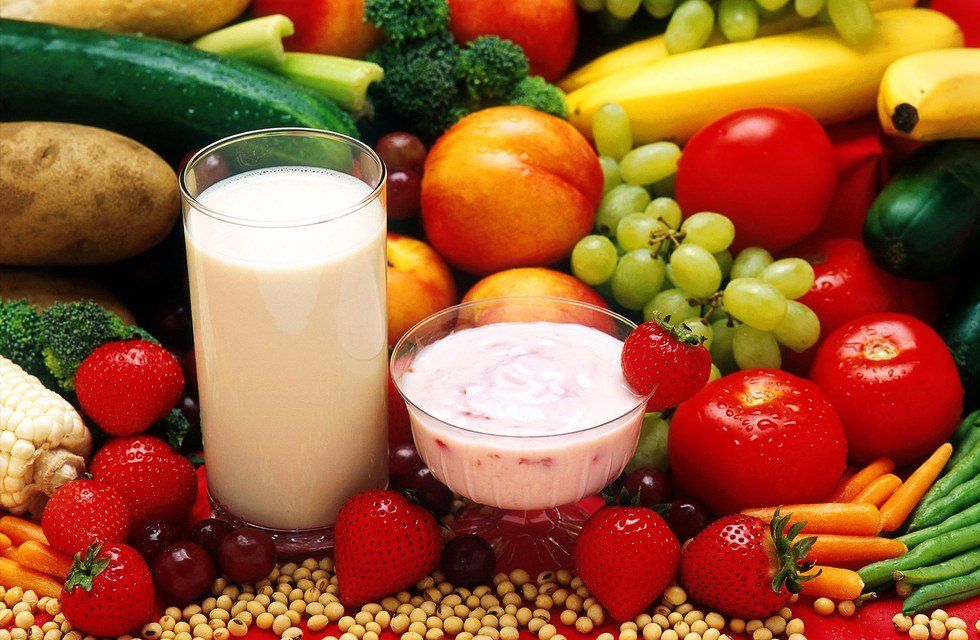I’ll be the first one to admit that in college, it can sometimes be extremely hard to eat healthy. Whereas in high school I was working out regularly and eating a full spectrum of colors every day, as well as plenty of fruits and vegetables, in college I’ve been much more limited to the food that University Dining, my sorority meal plan, and the handful of restaurants close to campus provide.
As much as I’d like to blame the lack of time I have to work out, the limited healthy options on and near campus, lack of a car to drive to the grocery store, lack of money to eat healthy, lack of a kitchen -- these are all still excuses. Sure, they may all be valid in their own ways but ultimately they are still excuses, excuses to explain to myself why I haven’t overcome these obstacles, just like I’d overcome any other obstacles to get to what I want if it was important enough to me.
So I’ve decided to make it important enough for me to put effort in to, because everything that’s important requires it. I don’t want to constantly be admiring my gym teacher’s physique and determination for a healthy lifestyle. I want other to admire my own.
With that being said, a healthy lifestyle starts with a healthy diet. According to Tom Venturo, a successful bodybuilder and gym owner, “If you're a beginner [to the weight training or healthy life scene] and you don't posses a nutritional knowledge, then mastering nutrition is far more important than training and should become your number one priority.”
Despite the challenges of eating healthy in college, this doesn’t mean that it’s impossible at all; even with an on-campus meal plan, there are quick, simple, and easy things that you can do in order to slightly modify your diet to be exponentially healthier. Ultimately, the decision is up to you to make those steps; they require extra effort, but the work will pay off in the end.
1. Fuel up in the morning, not at night.
As delicious as a hearty meal sounds after a long day of classes and work, but the fact of the matter is that calories consumed in the evening are less likely to be burned off, and therefore much more likely to turn in to excess calories. So try and keep the bulk of your eating in the morning and slow down as the day progresses.
2. Eat at a table.
Ironically, despite the amount of sitting around and lounging we do in our college careers, not a lot of that time is during meals. According to a study done in the Journal of the American Dietetic Association, people who consume meals on the go are much more likely to consume more total fat. Next time, try and set time aside to eat your meals.
3. You can always have more later.
Sometimes, we eat food like it’s the last meal we’re going to get -- relax, people. There’s always going to be another chance to get something to eat. After the first few bites, food doesn’t really have that same flavor kick as it does in the first few bites anyways, so don’t worry about over-stuffing yourself.
4. Cut the soda.
Don’t drink your calories and sugars, they’re disguised so much better but are really just that much worse for you. Enough said.
5. Eat fruits and vegetables whenever you can.
Practice the 50 percent rule, and aim to have half of each of your meals consist solely of fruits and vegetables. According to Lisa Young, PhD, author of The Portion Teller Plan, “the food pyramid recommends a total of nine servings of fruits and vegetables.” While cake and ice cream always sounds delicious, consider freezing or refrigerating sweet fruits and having them for dessert, instead; it’s the best of both worlds.
Carpe diem on your nutritional adventure!





















